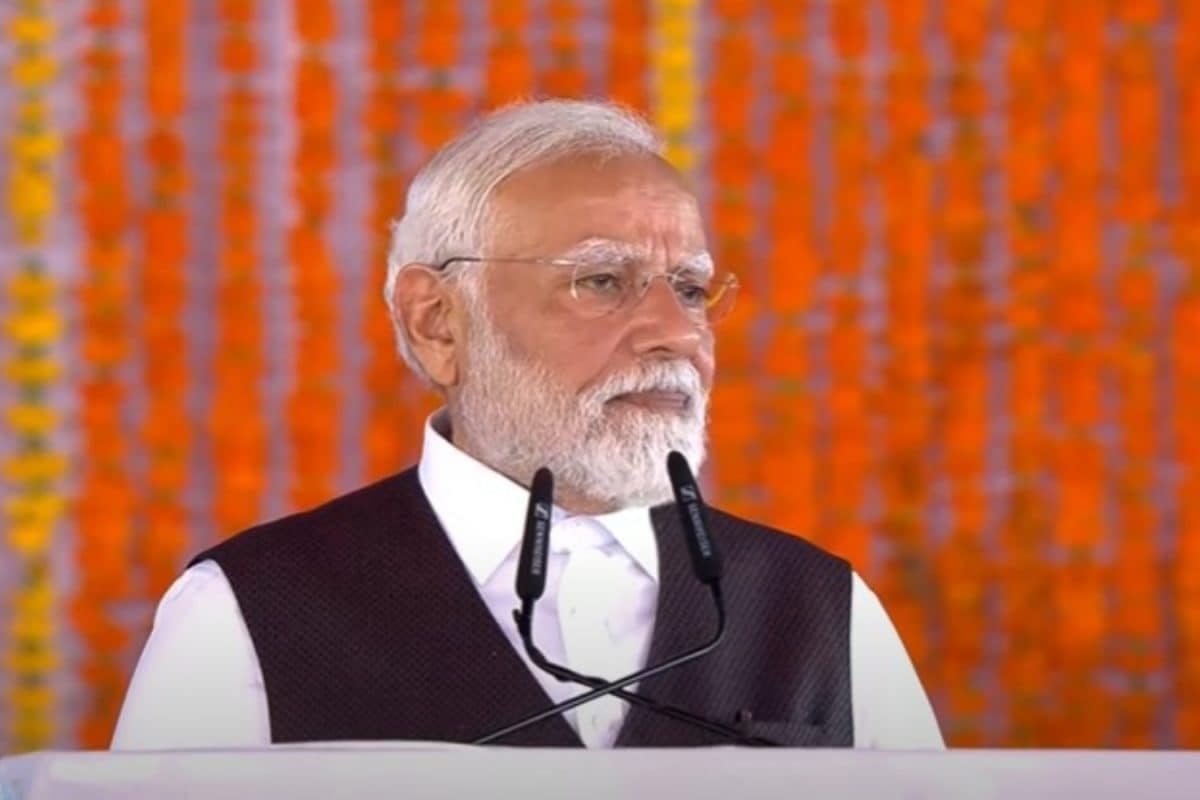

Prime Minister Narendra Modi has asserted that the recent attack in Pahalgam, Jammu and Kashmir, was a deliberate attempt to disrupt the region's burgeoning tourism sector. Speaking during his visit to the union territory on June 6, 2025, Modi emphasized that such acts of violence would not deter the government's commitment to development and progress in the region.
The Prime Minister's remarks come in the wake of a tragic incident in Pahalgam in April 2025, where militants targeted tourists, resulting in numerous casualties, including foreign nationals. The attack, claimed by The Resistance Front (TRF), a proxy group linked to Pakistan-based Lashkar-e-Taiba, was widely condemned and prompted a swift response from Indian security forces. Modi, while addressing the nation, conveyed his anguish over the Pahalgam attack, denouncing it as an act of cowardice by those sponsoring terrorism, further adding that the attack targeted "insaniyat and Kashmiriyat".
Modi highlighted that the enemies of peace and development in Jammu and Kashmir were dismayed by the return of normalcy, the strengthening of democracy, and the unprecedented increase in tourist arrivals. He affirmed that the government would not allow such elements to succeed in their nefarious designs. The Prime Minister underscored the unity and solidarity of the country's 1.4 billion citizens as the greatest strength in the fight against terrorism.
During his visit, Prime Minister Modi inaugurated and laid the foundation stone for multiple development projects worth over ₹46,000 crore, reaffirming his government's commitment to transforming the region. These projects include the Udhampur-Srinagar-Baramulla Rail Link (USBRL), a 272-kilometer railway project constructed at a cost of around ₹44,000 crore. The USBRL features engineering marvels such as the Chenab Bridge, the world's highest railway arch bridge, and the Anji Khad Bridge, India's first cable-stayed rail bridge. The Prime Minister also flagged off two Vande Bharat Express trains connecting Shri Mata Vaishno Devi Katra and Srinagar, designed with special technical features to facilitate smooth travel in the challenging climatic conditions of the Kashmir Valley.
The completion of the USBRL project marks a significant milestone in enhancing connectivity between the Kashmir Valley and the rest of India, providing an all-weather, seamless transportation link. The introduction of Vande Bharat trains is expected to boost spiritual tourism and generate employment opportunities for the local population. In addition to rail connectivity, the government is also prioritizing road infrastructure development, including the construction of the Zojila Tunnel, Asia's longest, and the four-laning of the Jammu-Srinagar highway.
Furthermore, the Prime Minister laid the foundation stone of the Shri Mata Vaishno Devi Institute of Medical Excellence in Katra, the first medical college in the Reasi district, which will significantly contribute to the region's healthcare infrastructure. These initiatives underscore the government's holistic approach to development, encompassing connectivity, healthcare, and urban infrastructure.
PM Modi emphasized that the government's efforts to integrate Jammu and Kashmir into the national mainstream have yielded positive results, with increased participation in India's growth and development. He reiterated his commitment to ensuring that the region becomes a hub for trade, tourism, and industrial development, benefiting the people of Jammu and Kashmir. Despite the challenges posed by terrorism, the government remains resolute in its mission to build a prosperous and peaceful future for the region.